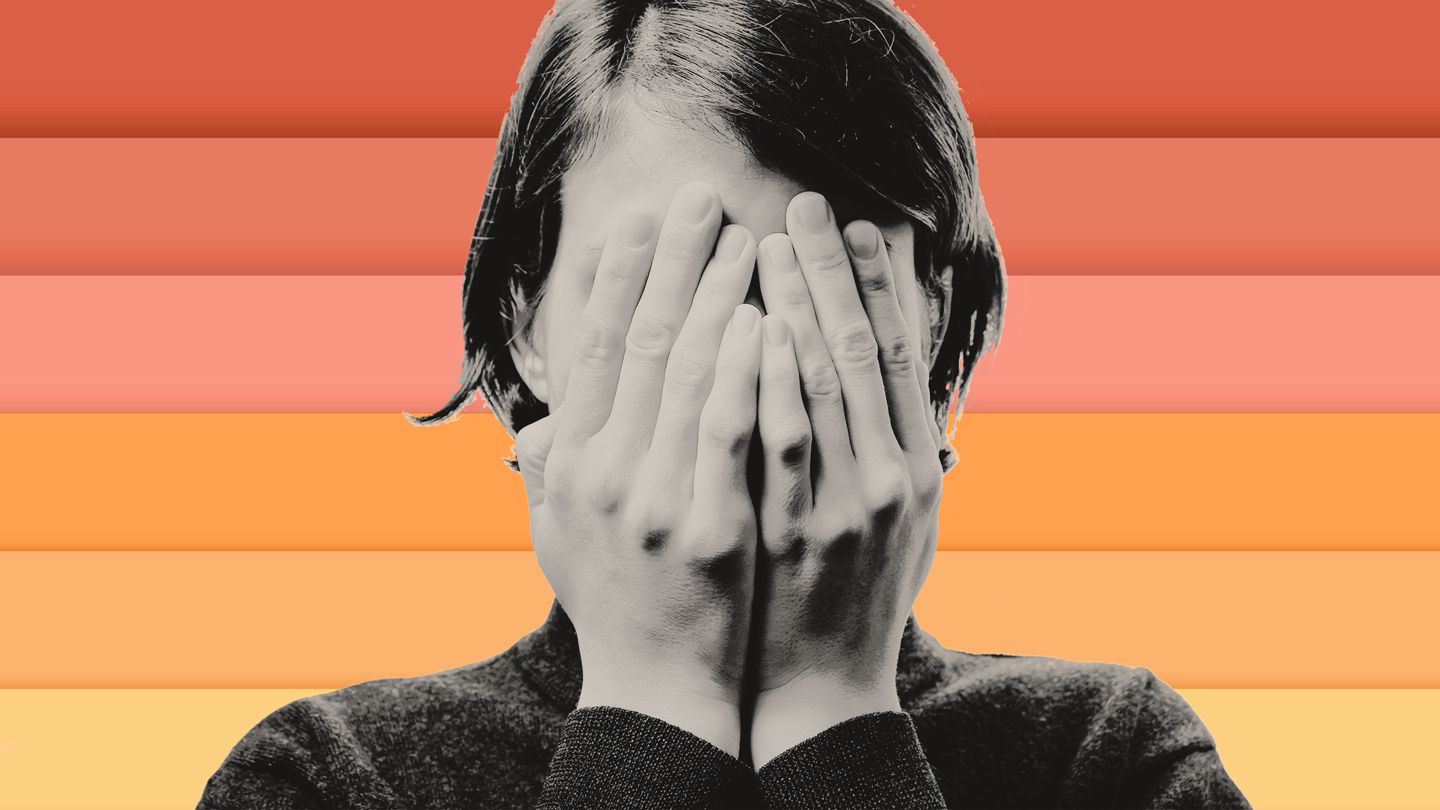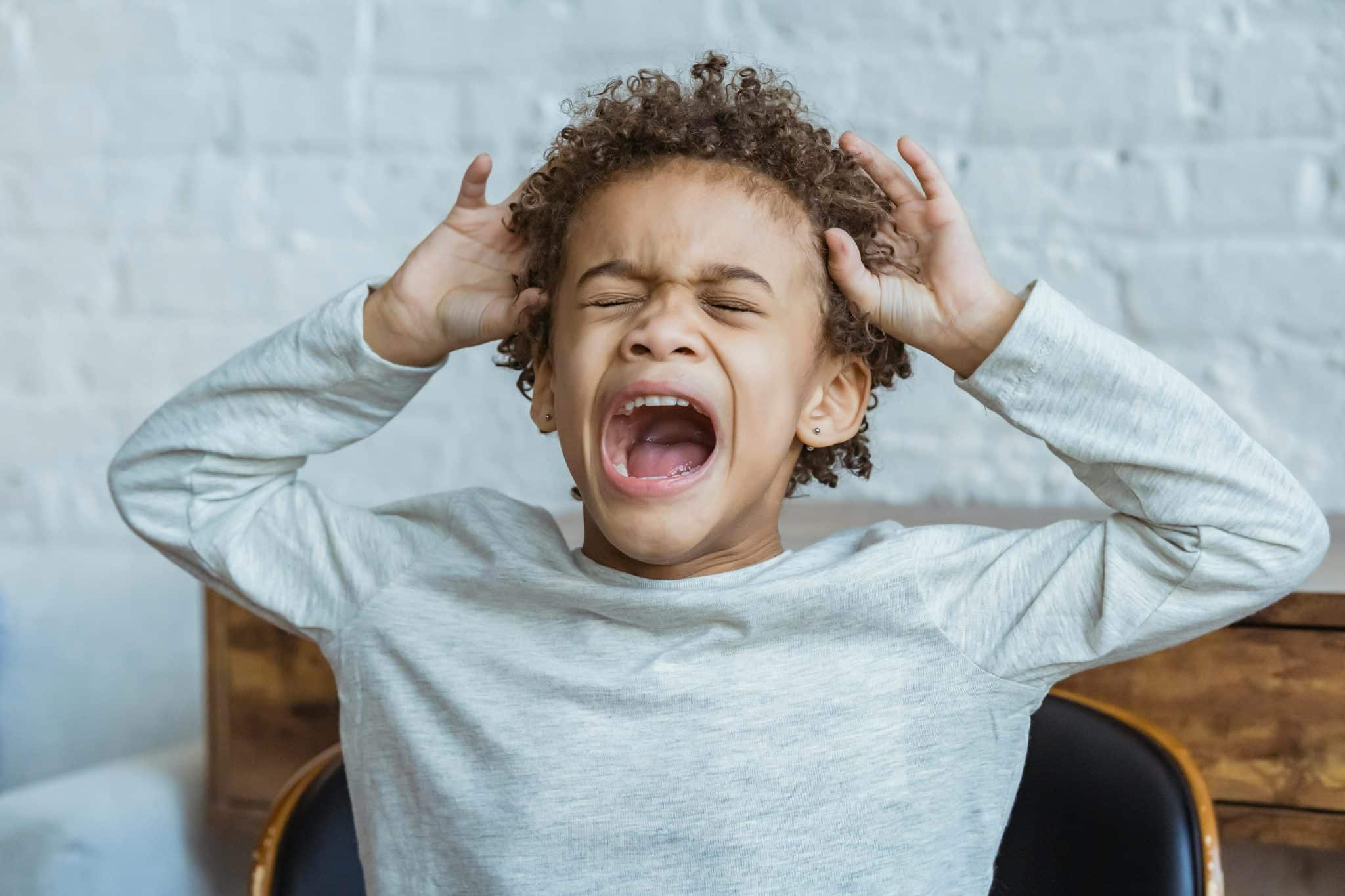Emotional outbursts, characterized by sudden and intense displays of emotion. Are a common phenomenon experienced by individuals across all walks of life. From moments of frustration and anger to episodes of overwhelming sadness or anxiety. Emotional outbursts can have significant impacts on personal well-being, relationships, and daily functioning. In this article, we delve into the causes, effects, and coping strategies associated with emotional outbursts.

Emotional Outbursts
Causes of Emotional Outbursts:
- Stress and Pressure: High levels of stress or pressure, whether from work, school, relationships, or other sources, can trigger emotional outbursts as individuals struggle to cope with overwhelming demands and expectations.
- Unresolved Trauma or Past Experiences: Traumatic events, past traumas, or unresolved emotional wounds can resurface during times of stress or triggering situations, leading to intense emotional reactions and outbursts.
- Underlying Mental Health Conditions: Conditions such as anxiety disorders, depression, bipolar disorder, or personality disorders can increase the likelihood of experiencing emotional outbursts.
- Communication Challenges: Difficulties in expressing thoughts, feelings, or needs effectively can lead to frustration and tension, resulting in emotional outbursts as individuals struggle to communicate their inner experiences.
- Physical Health Factors: Physical factors such as fatigue, hunger, hormonal changes, or substance use can influence mood regulation and contribute to emotional instability and outbursts.
Effects of Emotional Outburst:
- Negative Self-Perception: Individuals who experience frequent emotional outbursts may develop negative perceptions of themselves. Feeling ashamed, embarrassed, or guilty for their inability to control their emotions.
- Impaired Functioning: Emotional outbursts can impair daily functioning, affecting performance at work or school.
- Psychological Distress: Following emotional outbursts, individuals may experience heightened levels of psychological distress. Including feelings of regret, remorse, or despair, as they grapple with the aftermath of intense emotions.
- Health Consequences: Chronic emotional outbursts can have adverse effects on physical health, contributing to elevated stress levels. Disrupted sleep patterns, weakened immune function, and increased risk of cardiovascular disease.
Coping Strategies for Emotional Outbursts:
- Mindfulness and Relaxation Techniques: Practicing mindfulness, deep breathing exercises. Progressive muscle relaxation can help individuals manage stress, regulate emotions, and cultivate a sense of calmness and equanimity.
- Effective Communication Skills: Learning assertive communication techniques, active listening, and conflict resolution strategies can improve interpersonal relationships and reduce the likelihood of misunderstandings or conflicts that trigger emotional outbursts.
- Seeking Professional Support: Consulting with a mental health professional, such as a therapist, counselor, or psychiatrist. Can provide individuals with tools and coping strategies to address underlying issues contributing to emotional instability.
- Healthy Lifestyle Habits: Prioritizing self-care activities, such as regular exercise, balanced nutrition, adequate sleep, and limiting substance use, can promote emotional well-being and resilience in managing stressors.

Emotional Outbursts
Emotional outbursts are a natural and common aspect of the human experience. Influenced by a myriad of factors ranging from stress and trauma to communication challenges and mental health wdbos conditions. While experiencing intense emotions is a normal part of life, learning healthy coping strategies and seeking support when needed can empower individuals to manage their emotions effectively. Cultivate resilience, and foster greater emotional well-being in their lives.
Navigating Emotional Outbursts: Understanding the Pros and Cons of Intense Emotions
Behavior that can have both positive and negative consequences on individuals and their relationships. While they can serve as a release valve for pent-up feelings and provide opportunities for emotional expression, they also pose challenges in maintaining emotional regulation and interpersonal dynamics.
Advantages of Emotional Outbursts:
- Emotional Release: Emotional outbursts can provide a cathartic release for individuals experiencing intense emotions. Allowing them to express feelings of anger, frustration, sadness, or excitement in a raw and unfiltered manner.
- Increased Emotional Awareness: Experiencing emotional outbursts can heighten individuals’ awareness of their internal emotional landscape, helping them recognize and acknowledge their feelings, needs, and triggers.
- Assertiveness and Boundary Setting: In some cases, emotional outbursts may serve as a form of assertiveness, enabling individuals to set boundaries, assert their needs, and communicate their preferences more effectively in interpersonal relationships.
- Stress Reduction: Releasing pent-up emotions through emotional outbursts can help alleviate feelings of stress. Tension, or anxiety, providing temporary relief and restoring a sense of emotional equilibrium.
- Catharsis and Healing: Emotional outbursts can facilitate a process of emotional catharsis and healing.

Emotional Outbursts
Disadvantages of Emotional Outbursts:
- Disruption of Relationships: Frequent or intense emotional outburst can strain relationships with family members, friends, colleagues, or romantic partners, leading to conflicts, misunderstandings, or breakdowns in communication.
- Impaired Decision-Making: During emotional outburst, individuals may struggle to think rationally or make sound decisions. As their judgment is clouded by intense emotions, potentially leading to impulsive or regrettable actions.
- Negative Impact on Mental Health: Chronic emotional outburst can exacerbate mental health issues such as anxiety.
- Professional and Academic Consequences: Emotional outburst in professional or academic settings can have detrimental consequences.
Coping Strategies for Managing Emotional Outbursts:
- Self-Awareness and Reflection: Developing self-awareness and understanding of one’s emotional triggers, patterns. And coping mechanisms can empower individuals to navigate emotional outburst more effectively.
- Emotion Regulation Skills: Learning techniques for emotion regulation, such as deep breathing, mindfulness. Cognitive restructuring, can help individuals manage intense emotions and prevent them from escalating into outbursts.
- Effective Communication: Practicing assertive communication skills, active listening, and conflict resolution strategies can enhance. Interpersonal relationships and reduce the likelihood of misunderstandings or conflicts that trigger emotional outburst.
- Seeking Support: Seeking support from trusted friends, family members, or mental health professionals can provide validation, empathy, and guidance in managing emotions and addressing underlying issues contributing to emotional instability.
- Healthy Lifestyle Habits: Prioritizing self-care activities, such as regular exercise, balanced nutrition, adequate sleep, and stress management techniques. Can promote emotional well-being and resilience in coping with emotional outburst.
Conclusion:
While they offer opportunities for emotional expression, catharsis, and self-awareness. They also pose challenges in maintaining emotional regulation, managing interpersonal relationships, and safeguarding mental and physical health. By understanding the factors contributing to emotional outburst and implementing healthy coping strategies. Individuals can navigate their emotions more effectively, cultivate resilience, and foster greater emotional well-being in their lives.
Read More Article About “Prostate Cancer: Danger A Silent Threat to Men’s Health 2024“



